IDSA Updates Status of Vaccinations Among Adolescents
By Alexa Josaphouitch, /alert Contributor
December 17, 2020
Only 30.6% of 17-year-olds nationwide have completed the recommended vaccine series for human papillomavirus, meningococcal groups ACWY (MenACWY), and tetanus-diphtheria pertussis. This data was presented at IDWeek 2020.
“The COVID-19 pandemic has increased barriers to health care and led to a decrease in wellness visits,” Sara Poston, PharmD, senior director of health outcomes research at GSK, said. “Although COVID-19 has our attention, it’s more important than ever that providers are diligent about making sure teens receive vaccines.”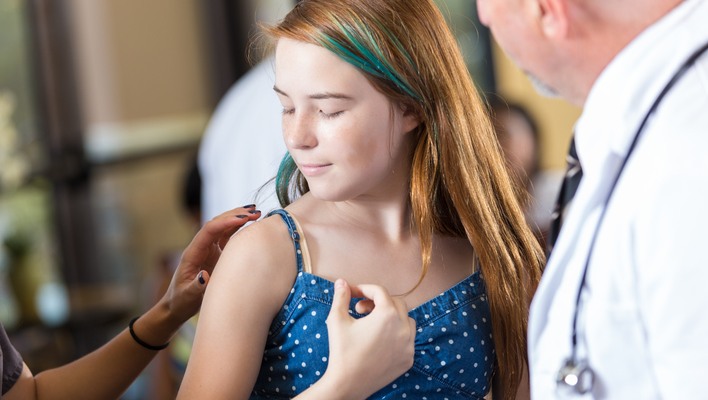
The study used the National Immunization Survey-Teen data from 2015-18 to estimate national and state-level completion rates by age 17 of a two-dose MenACWY series, two or three-dose HPV series, and a Tdap vaccine. This was combined with public state-level data to construct a multilevel model evaluating effects of both individual and state-level factors on completion. A multivariable logistic regression model was used to adjust for individual characteristics.
The national completion rate was 30.6% (95% CI: 30.1-31.0%). The rates for individual states varied substantially. The lowest completion rate was in Idaho with 11.3%. Rhode Island had the highest completion rate of 56.4%.
The individual characteristics associated with increased likelihood of receiving recommended vaccines included Black or Hispanic race, female gender, and having more than one provider visit in the last year. Those with Medicaid coverage were more likely to receive the vaccines compared to private insurance.
Receiving a provider recommendation for HPV vaccination was linked to increased vaccination. The only state level variable that significantly increased the likelihood of completion was a MenACWY vaccination mandate for elementary and secondary schools.
Poston and her colleagues believe that more research is needed for strategies to help protect more adolescents in all states against vaccine-preventable diseases.

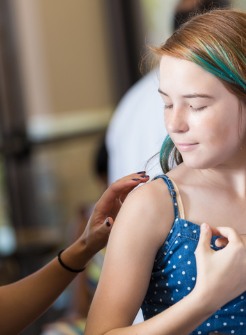
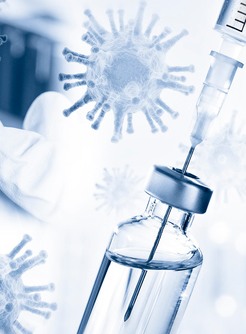
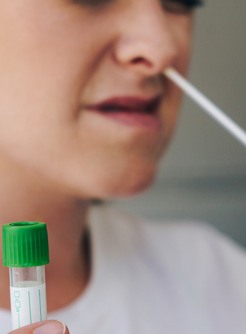
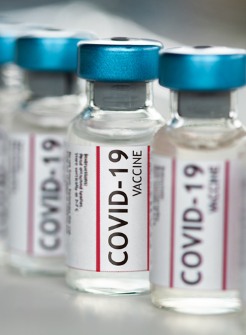

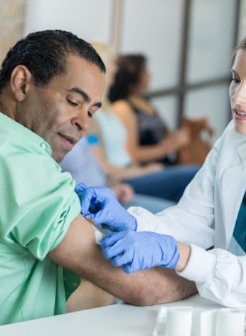
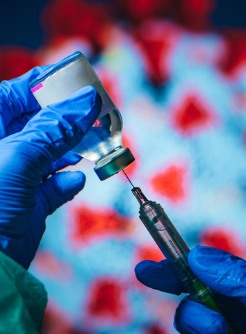
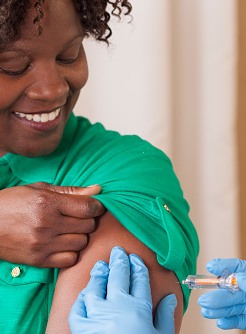

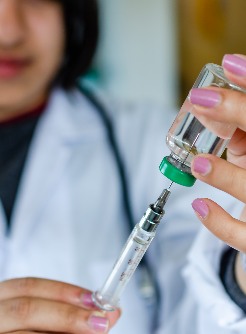
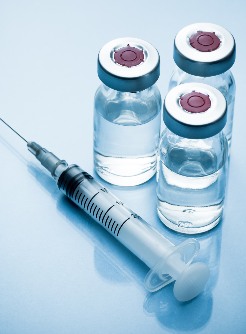

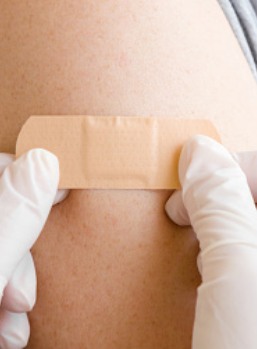


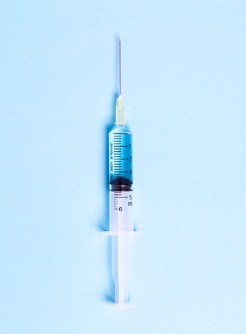
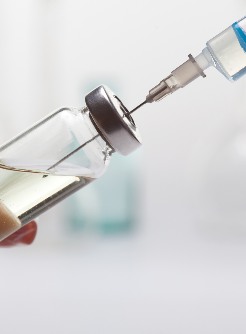
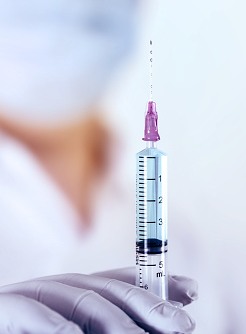


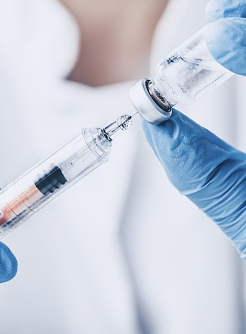
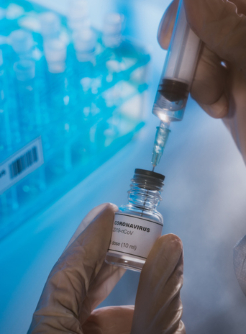
.jpg)
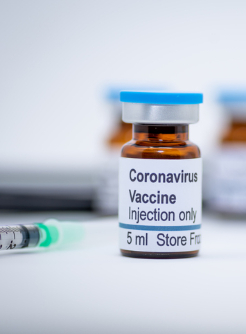

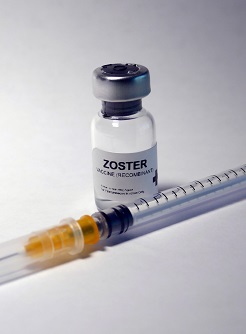

.jpg)
.jpg)
.jpg)